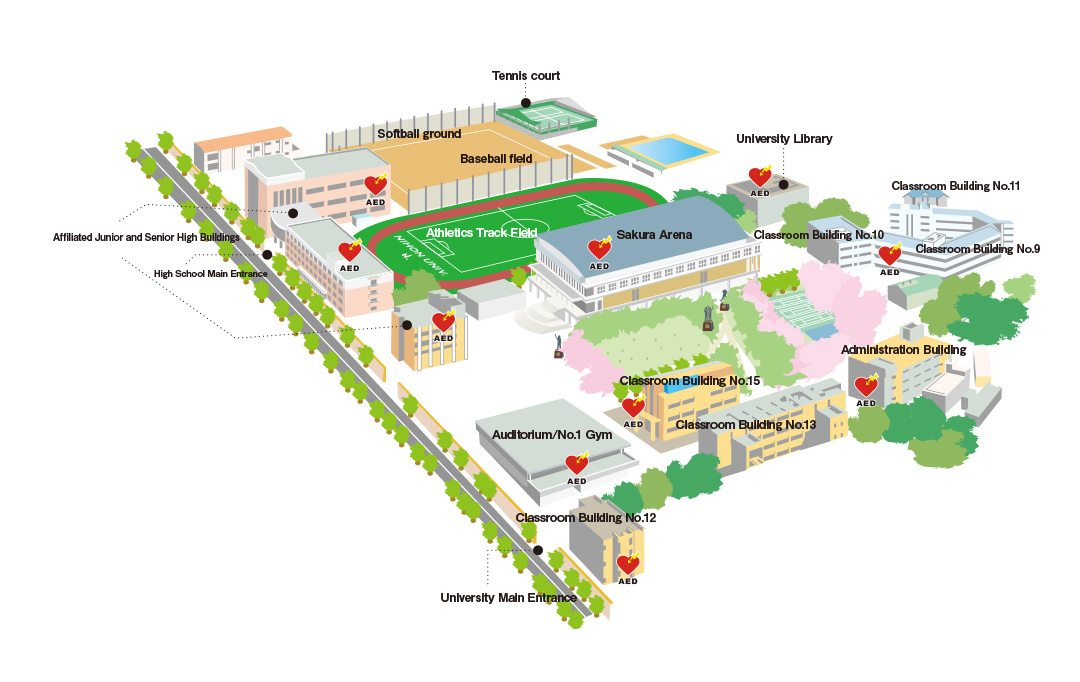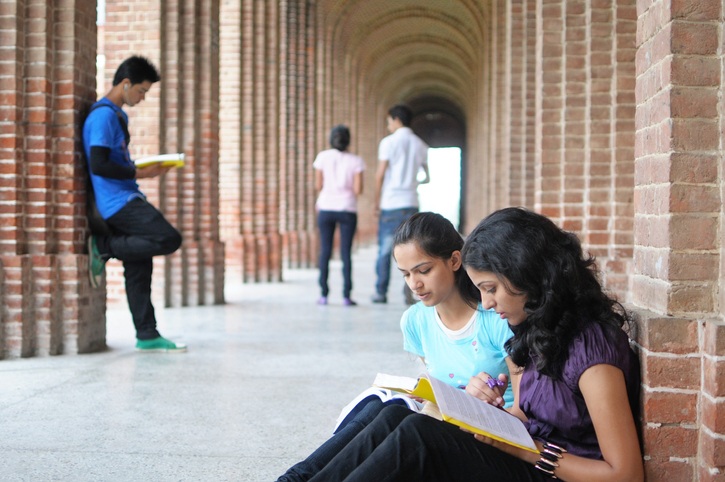College Wellness: Balancing Fitness and Academics
Introduction
The dynamic combination of lectures, tests, and newly discovered independence that characterizes college life evokes memories of late-night research sessions fuelled by pizza and energy drinks. For many college students, the crucial concept of health and wellbeing gets lost in this academic storm. It is not unusual for personal well-being to be neglected in the bustle of continuously demanding academic workloads. We’ll explore the unique obstacles to maintaining a healthy lifestyle that college life brings in this investigation. We’ll also look at practical approaches that students may easily include into their everyday lives to make sure that health and fitness become essential aspects of college life rather than merely goals.Come along on this trip with me as we navigate the challenges of college life and look for a harmonic way to balance academic goals with the desire of a more vibrant, healthy lifestyle.
- The College Lifestyle
During one’s time at college, one may unintentionally disregard their own well-being due to the constant pressure of assignments, exams, and social events. The norm might include irregular sleep habits, irregular routines, and a diet that consists primarily on convenience foods rather than home-cooked meals. Not only is the infamous “freshman fifteen” a fiction, but it also represents the changes in lifestyle that many college students experience.
- Fitness Challenges
For students who are already overburdened with coursework, the idea of going to the gym or exercising on a regular basis may seem like an impossibility. Strict schedules and a never-ending sense of urgency sometimes leave little time for organized exercise routines. However, the advantages of physical activity go beyond good health; studies have shown that it may also reduce stress, elevate mood, and improve brain function, among other benefits which are very beneficial for college students.
Thus, in this piece, we’ll be finding realistic and long-lasting solutions to fit good habits into the hectic schedule of college life is more important than following a strict regimen when it comes to fitness and wellness. There are a few ways that students may use to assist them combine their academic obligations with their personal well-being.
•Adopting Intense Study Pauses:
Look into planning quick, active study breaks into your schedule as an alternative to spending long hours buried in books. Take use of this opportunity to take a quick walk around campus, work out quickly, or do some refreshing stretches. Accepting these times of action as a refreshing break lets your body and mind recover. When you ultimately get back to your studies, you’ll discover that these pauses have improved your efficiency and attention, which has resulted in an overall more productive learning experience.
•Selection of Nutritious Snacks:
It’s important to consider your options when you have to eat during extended study sessions because it’s unavoidable. Choose for healthier options like nuts, fruits, and yogurt instead of giving in to the temptation of processed or sugary foods. Not only do these nutrient-dense meals offer long-lasting energy, but they also enhance mental clarity and cognitive performance. You can make sure that your brain is fed and focused during your study session by providing your body with healthy snacks. This will help you stay productive and remember knowledge more efficiently.
•Using Campus Facilities:
Many fitness centers are available on college campuses as part of the amenities offered to students. This is a great chance for students to put their physical health first. Even while it may seem overwhelming to commit an hour to exercise every day, it’s crucial to understand that even quick, irregular workouts may have a significant positive impact. Students can include activities that match their unique fitness objectives and interests into their exercise routines by using these campus resources to customize them to meet their schedules and preferences. Whether it’s a fast workout at the gym, a yoga class, or a brisk stroll, taking use of these resources may help college students develop a culture of health and wellbeing, which will eventually lead to a more lively and profitable campus.

Including social contacts into physical activities fosters social unity and togetherness. This is known as integrating social fitness. This may be as simple as setting up study groups focused on active hobbies, taking part in group fitness programs, or joining extracurricular sports teams. Combining physical activity with social interaction benefits people’s physical health and their pleasure of shared experiences. Exercise becomes a social activity when fitness is approached collaboratively, which increases its enjoyment, sustainability, and likelihood of long-term commitment. Students create supportive environments that encourage a healthy lifestyle, establish social relationships, and form friendships via group physical activity involvement.

It might be difficult to stick to a regular sleep pattern in the middle of chaos, but sleep is crucial for mental toughness, cognitive performance, and physical recuperation. It’s critical to prioritize sleep because of the significant advantages of getting enough sleep. People may enhance their mental toughness, increase their cognitive capacities, and assist the body’s natural healing processes by creating and maintaining a regular sleep schedule. In Students who value sleep as an essential component of self-care may improve their academic performance, strengthen their mental health, and face the challenges of college life with fresh energy and vitality.
•Meditation Techniques:
Effective stress management strategies are crucial in the hustle and bustle of college life, where the pressure of approaching due dates and difficult tests is real. Integrating mindfulness practices, such as meditation and deep breathing exercises, becomes essential for promoting resilience and mental well-being in the face of the hectic demands of academic life. Through the practice of mindfulness, people may develop more self-awareness and emotional stability, which will better prepare them to face the obstacles of college life head-on. By consistently engaging in guided meditation sessions, intentional breathing exercises, and other mindfulness practices, students may create a haven inside themselves where they can cultivate inner peace and calm among the hectic demands of their academic endeavors.
•Finding a Balance in Social Life:
Maintaining equilibrium in one’s social life is crucial, even within the lively college social scene. While interacting with others is an important part of college life, it’s crucial to select activities that enhance general wellbeing. In addition to fostering social bonds, engaging in activities like dancing, hiking, or visiting outdoor events also encourages physical exercise and mental renewal. People can develop a comprehensive approach to well-being where social interactions are interconnected with healthy choices by including these activities into social events. Adopting this balanced way of living guarantees that socializing contributes to general well-being rather than diminishes it.
Conclusion
To sum up, Maintaining your health and fitness may feel like an extra weight to a college student already navigating the rough waters of school. But incorporating these ideas into your everyday life improves not just your physical health but also your mental toughness, attentiveness, and general contentment with college life.
College students may develop healthy eating habits and active study breaks by making small, sustainable modifications to their routines that will lead to a balanced and satisfying existence. Recall that progress, not perfection, is what matters. You must motivate yourself to see health and fitness as an essential components of the college experience that will advance both your academic and personal development, rather than as obstacles to overcome.




































